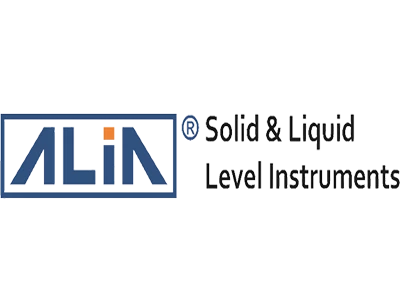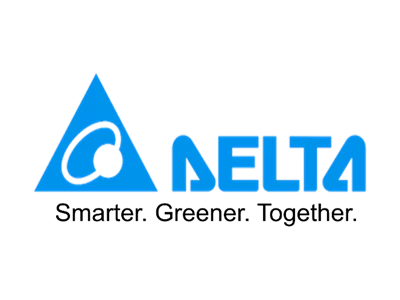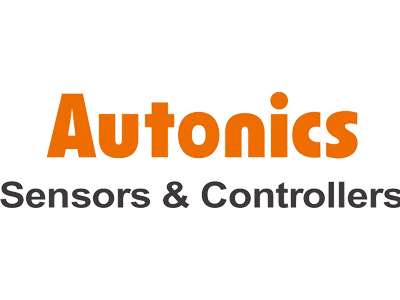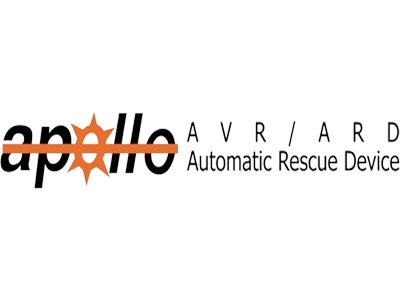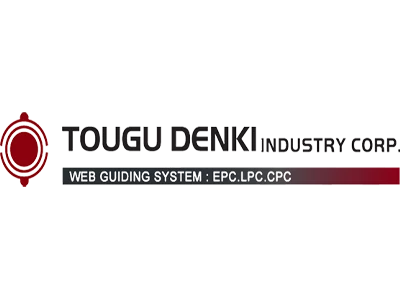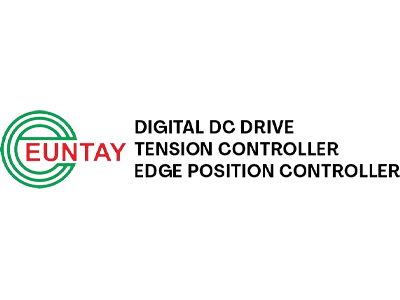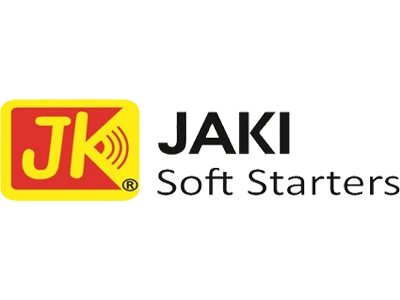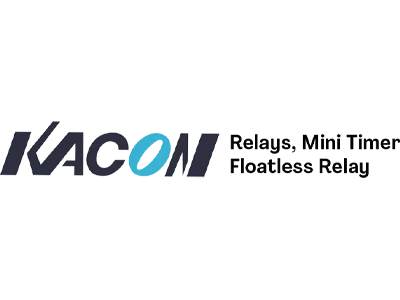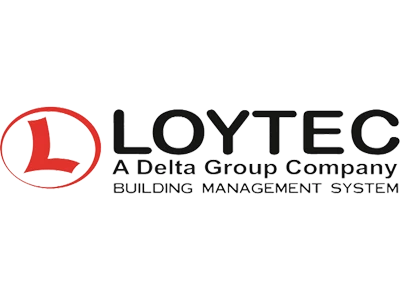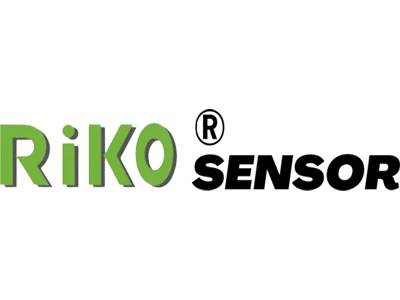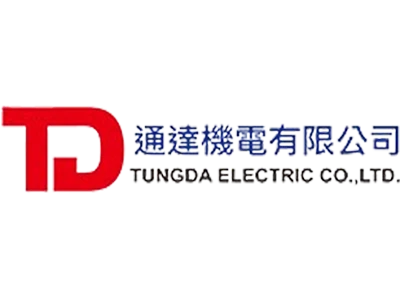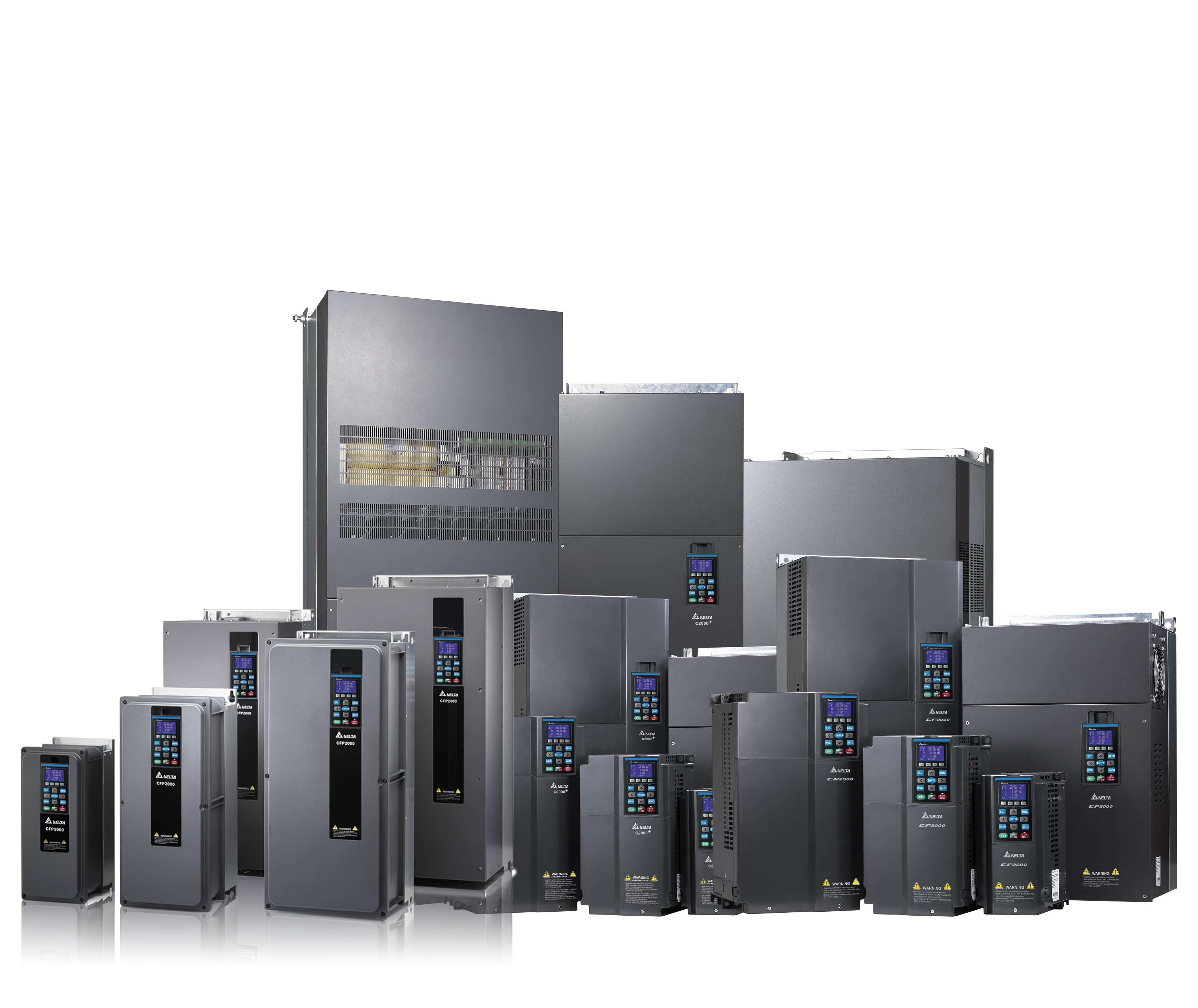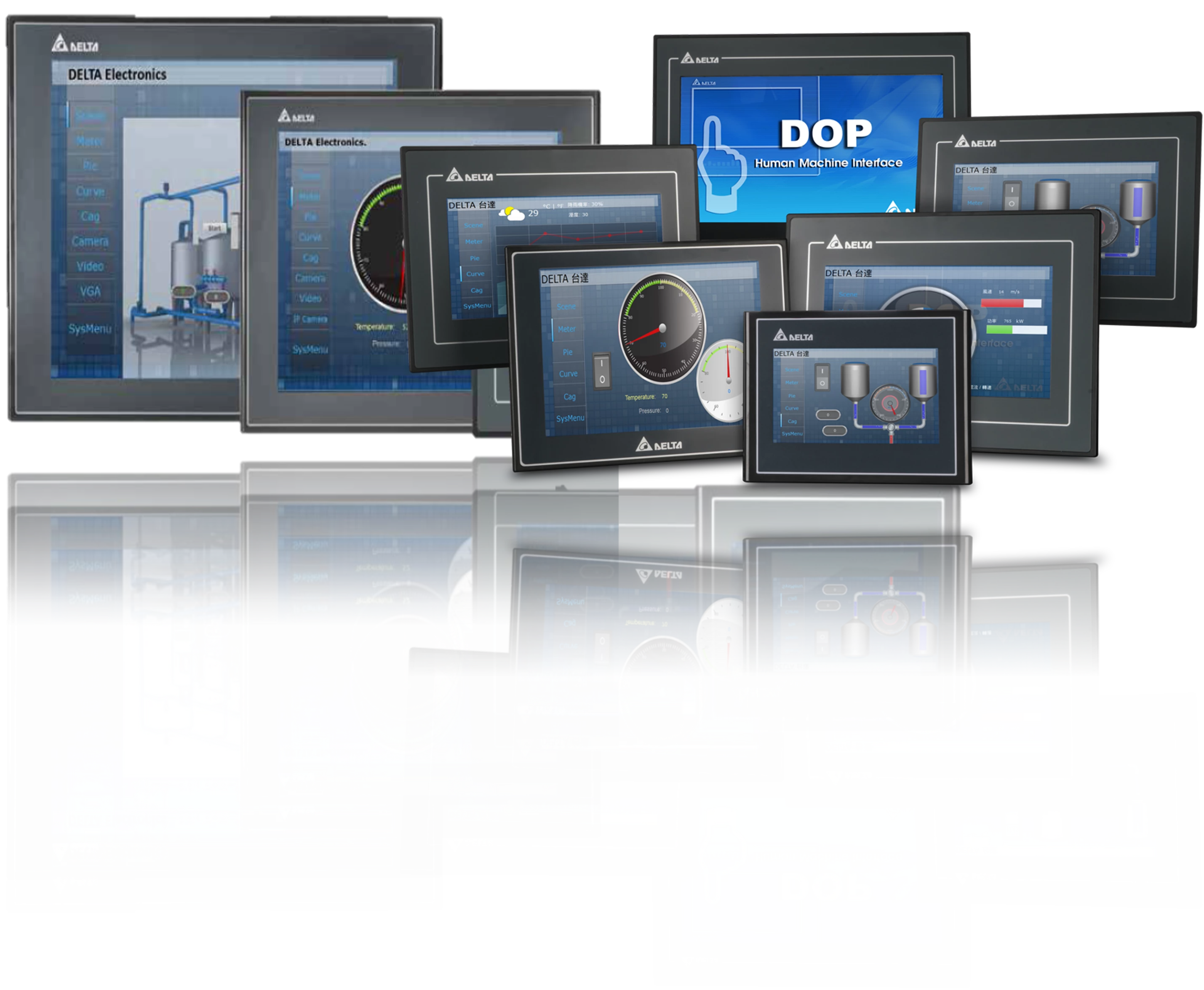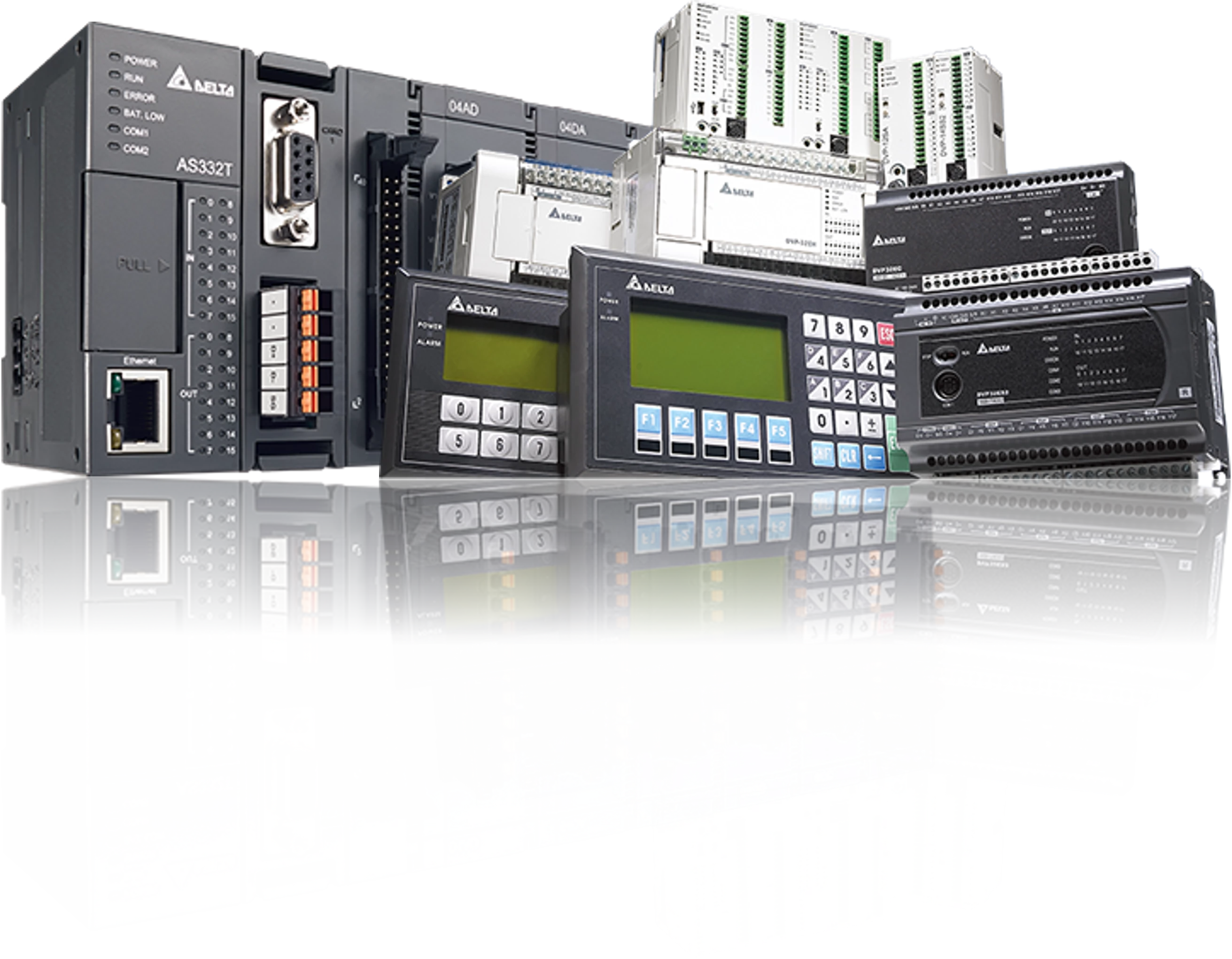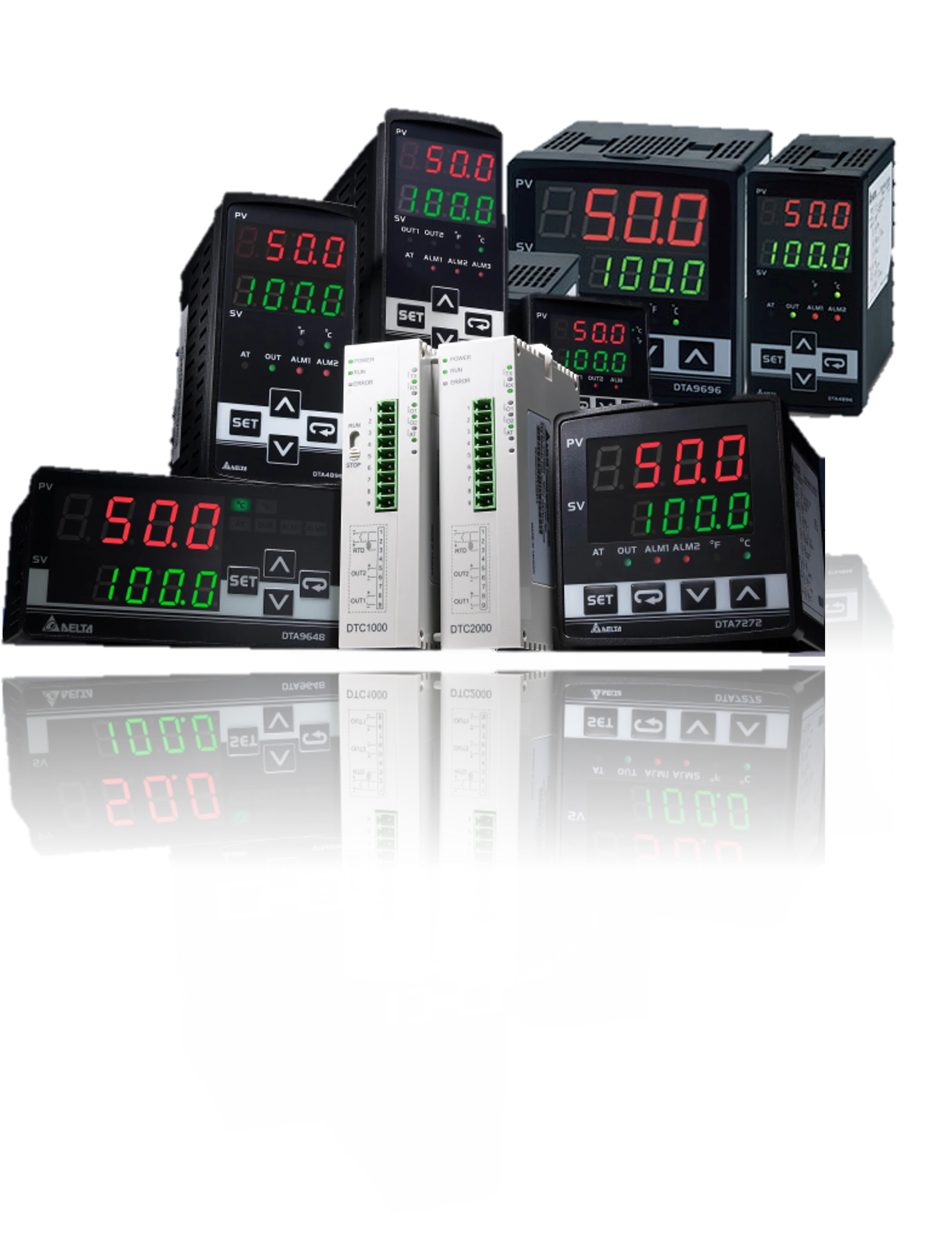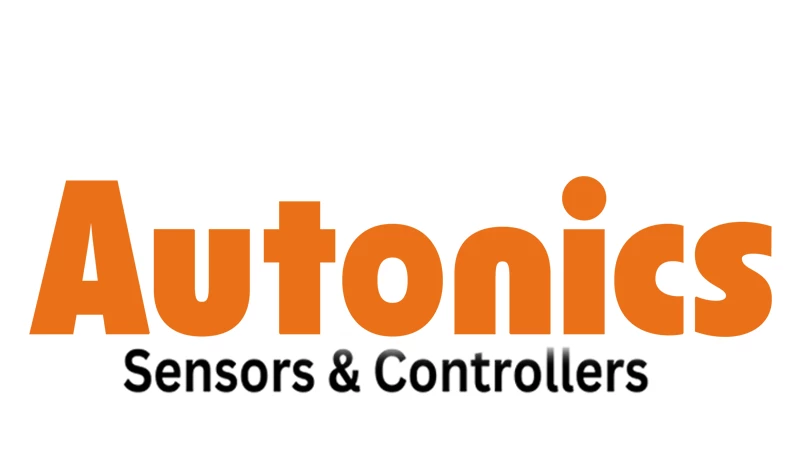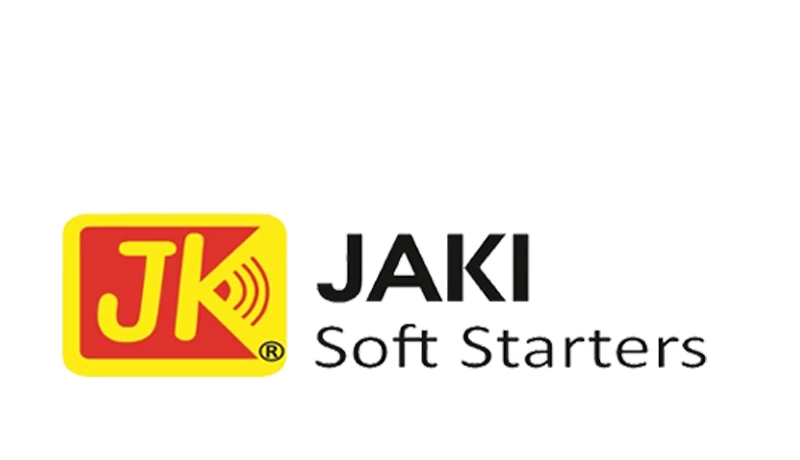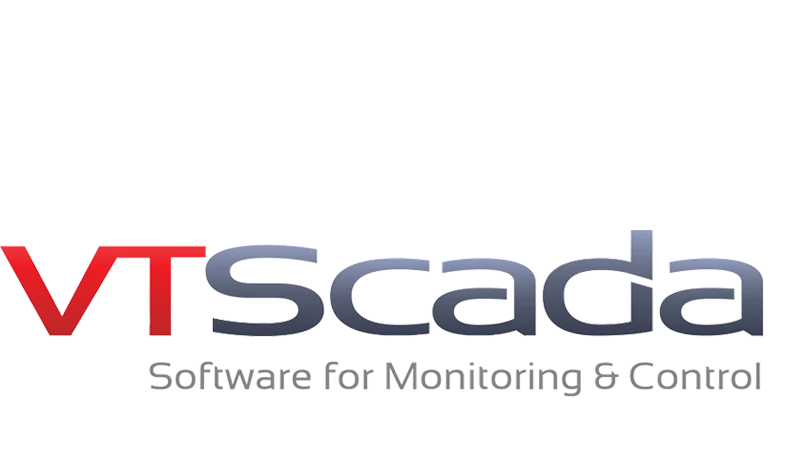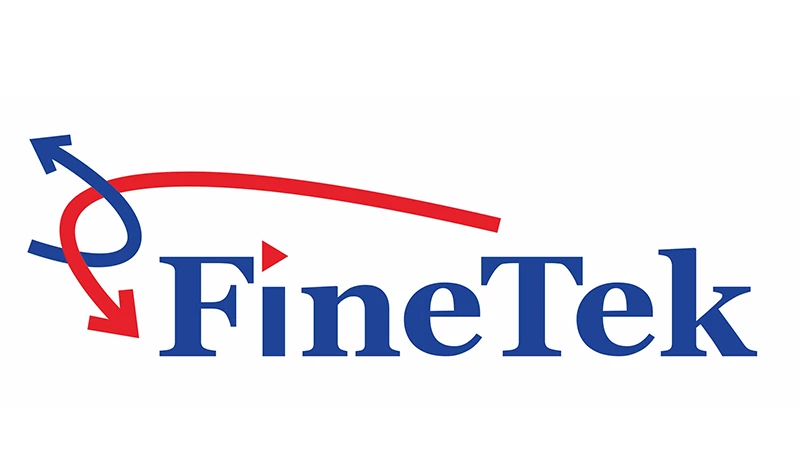Delta Electronics provide innovative, clean, and energy-efficient solutions for a better tomorrow.
Our Major Customers
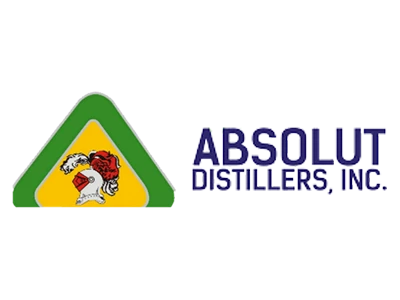
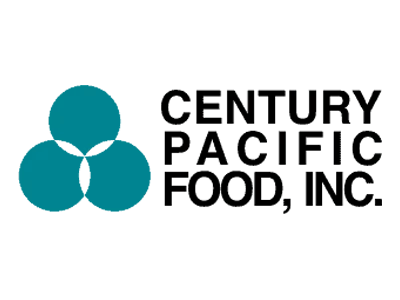
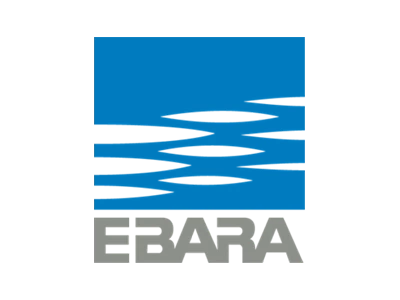




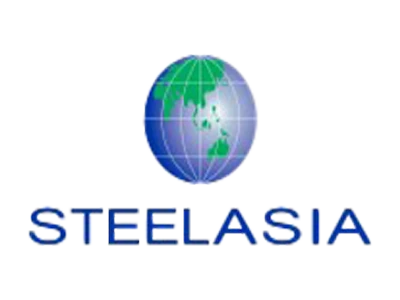

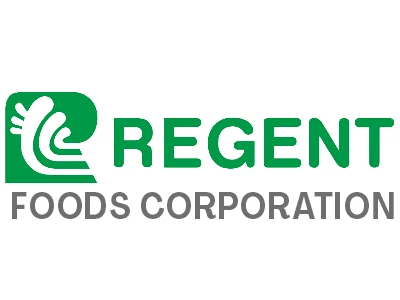
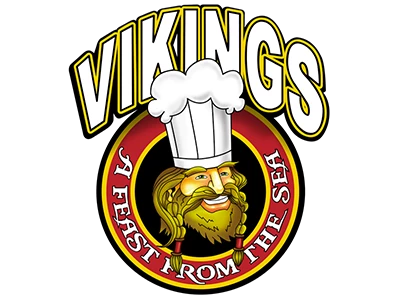
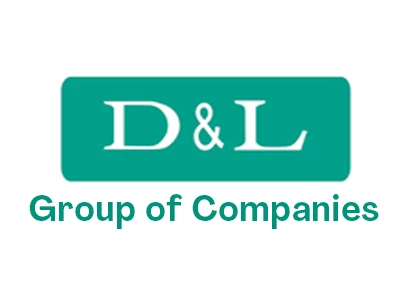
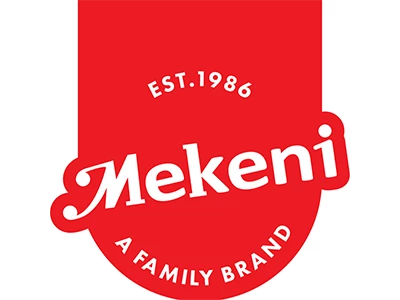
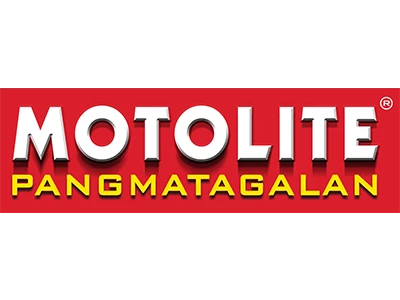
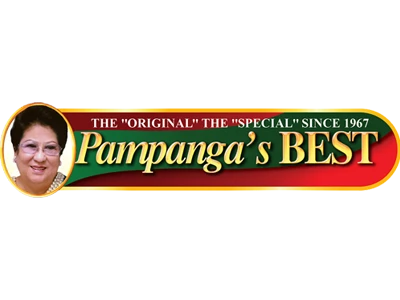
Our Featured Products
-
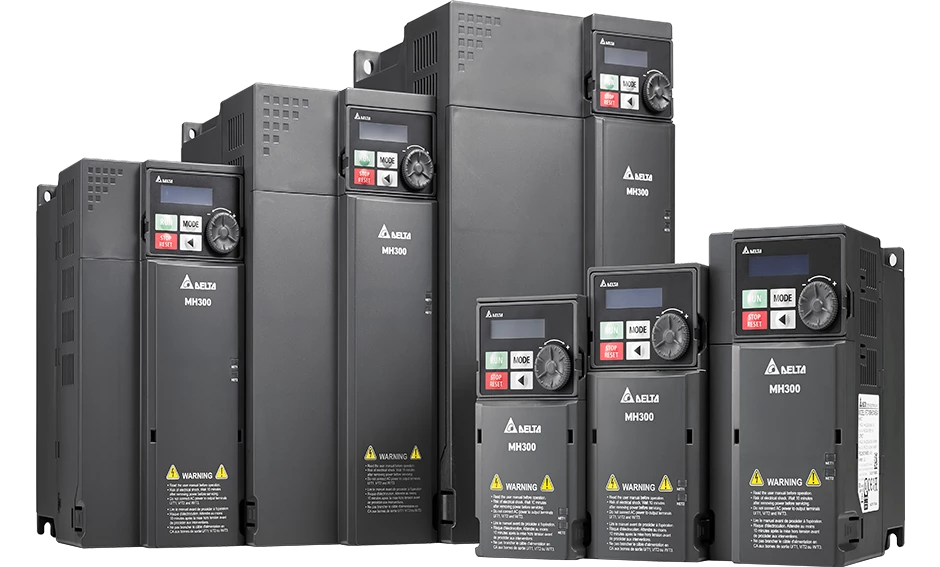
Varaiable Frequency Drive (VFD)
MH300 Series
-
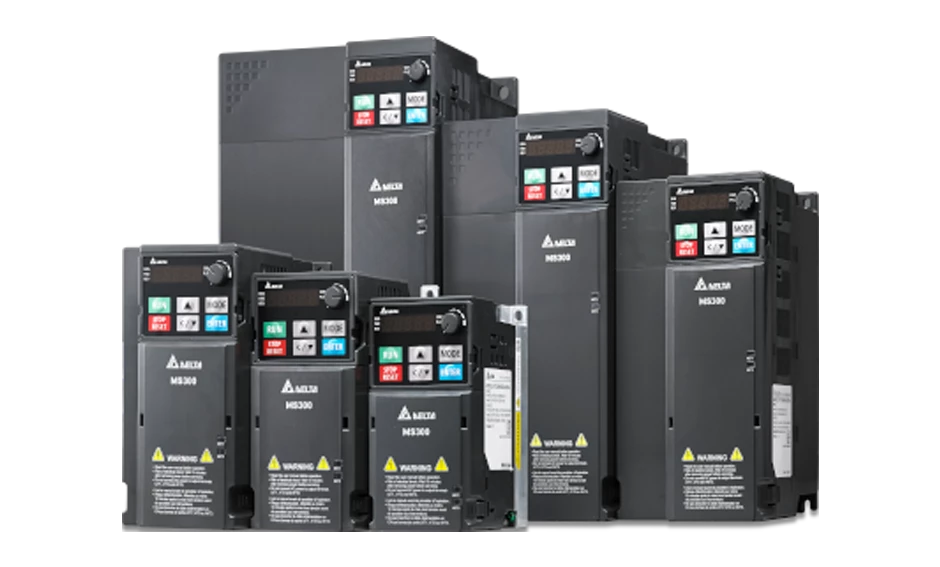
Varaiable Frequency Drive (VFD)
MS300 Series
-
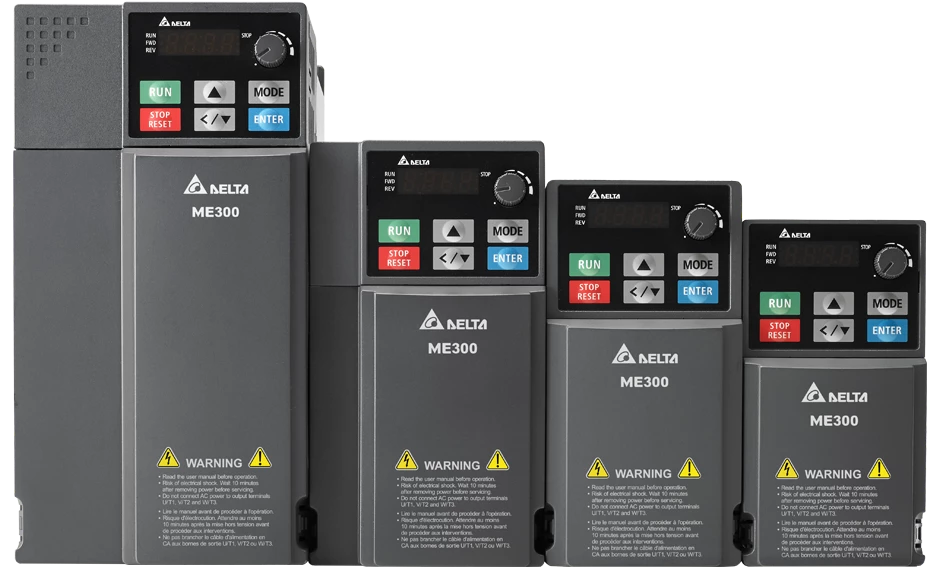
Varaiable Frequency Drive (VFD)
ME300 Series
-
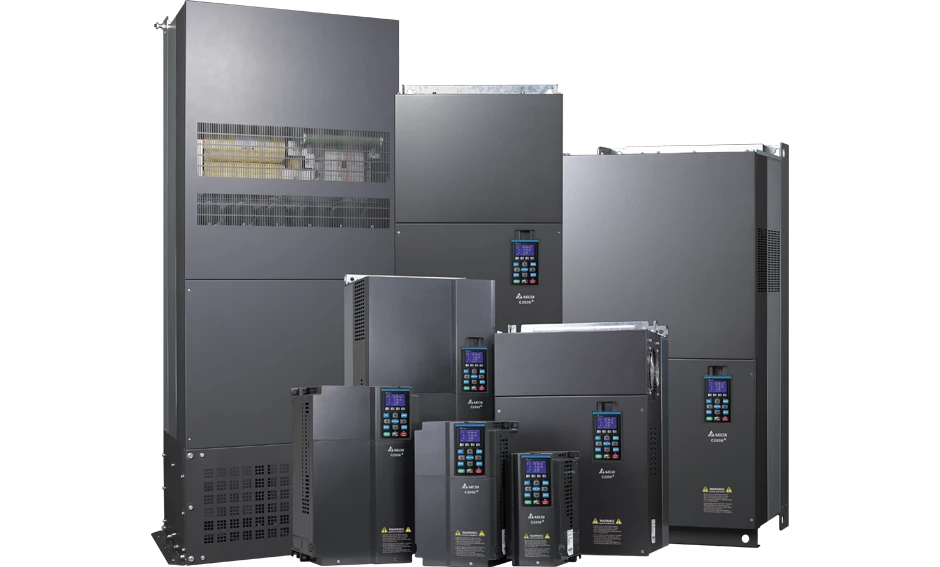
Varaiable Frequency Drive (VFD)
C2000 Plus Series
-
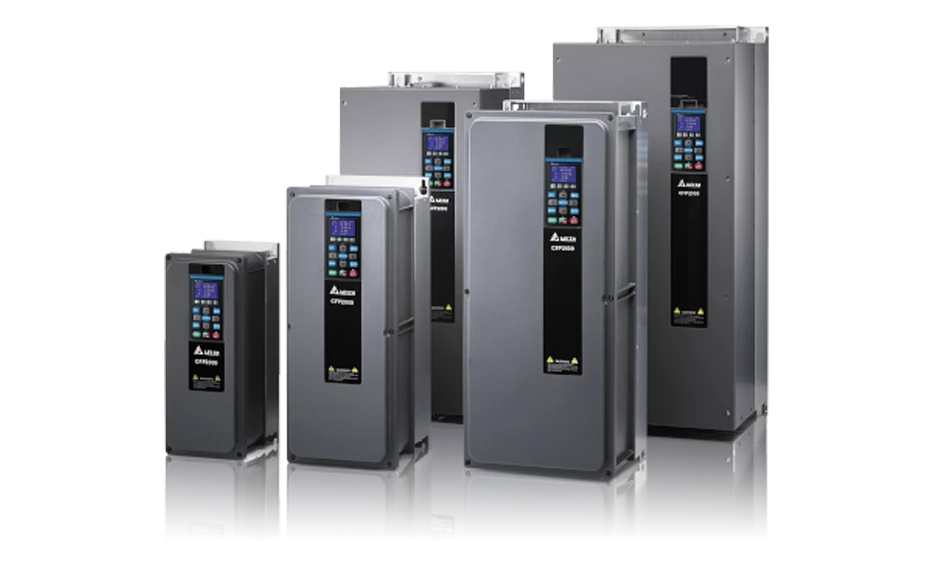
Varaiable Frequency Drive (VFD)
CFP2000 Series
-
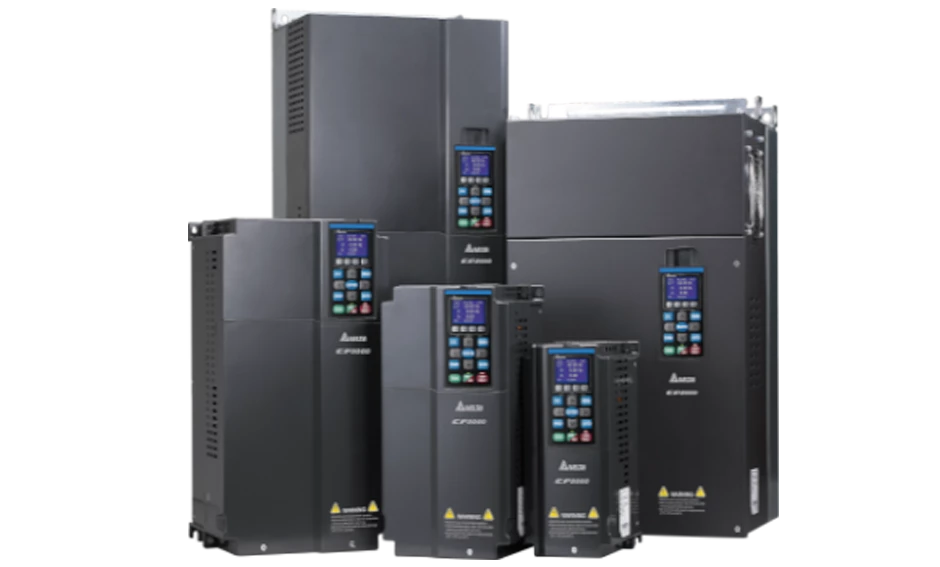
Varaiable Frequency Drive (VFD)
CP2000 Series
-
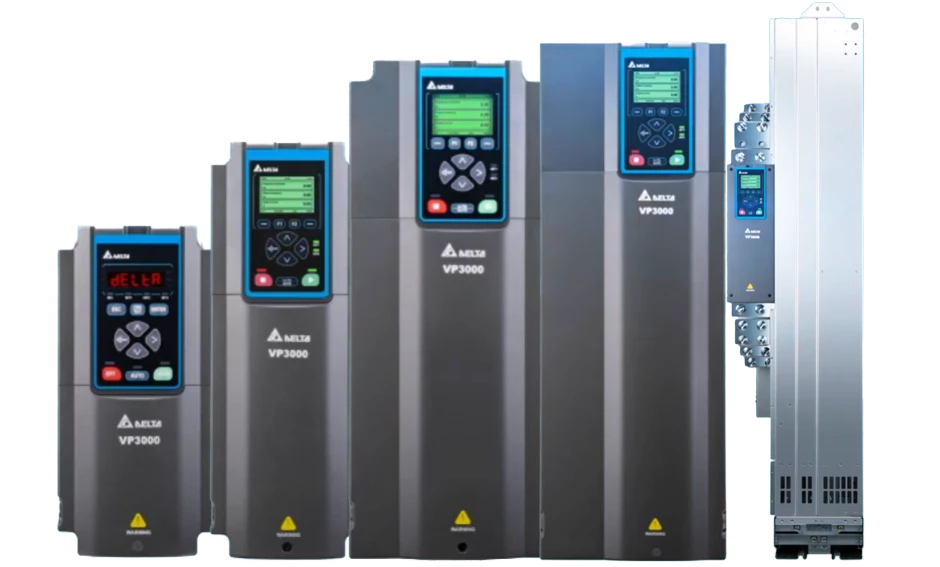
Varaiable Frequency Drive (VFD)
VP3000 Series
-
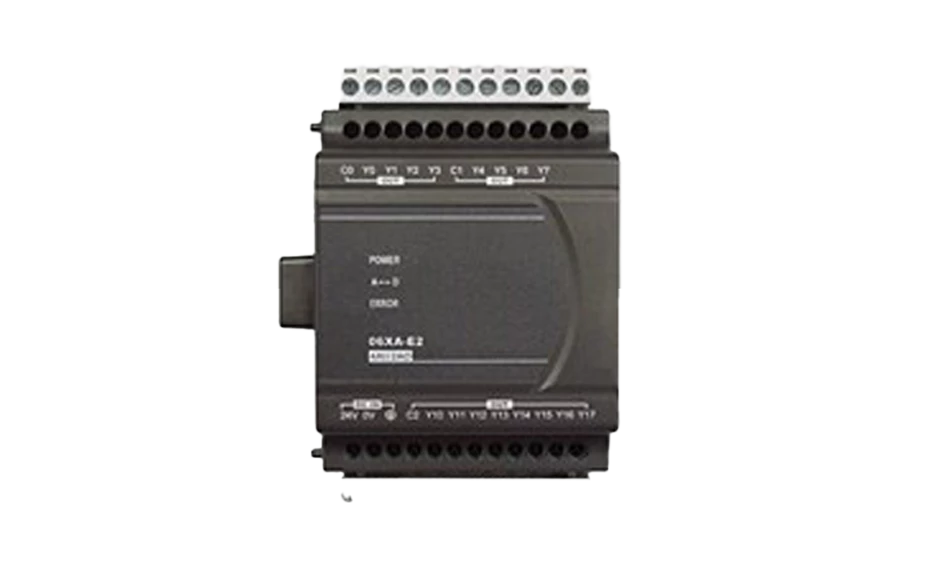
Programmable Logic Controller (PLC)
AS200 Series
-
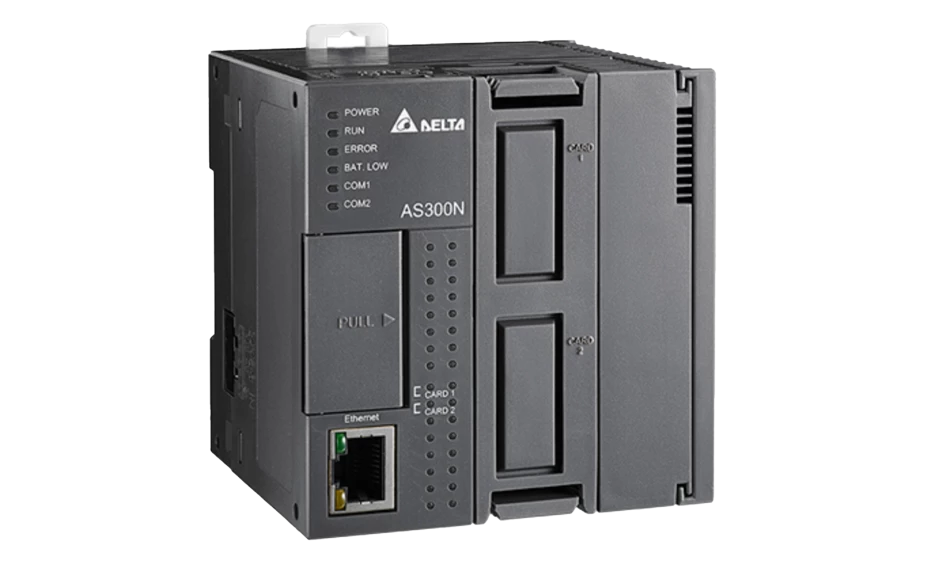
Programmable Logic Controller (PLC)
AS300 Series
-
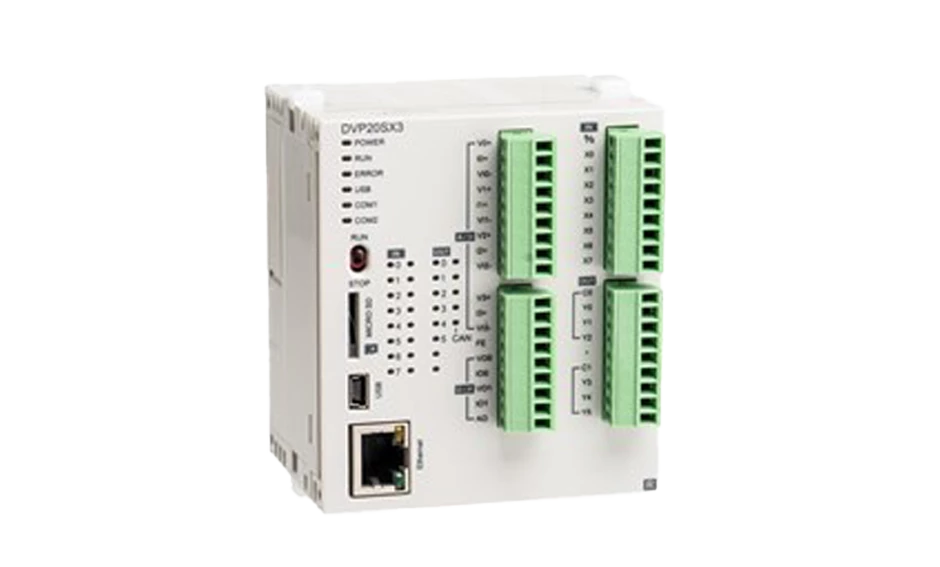
Programmable Logic Controller (PLC)
DVP Slim Series
DVP SV3 Series
-
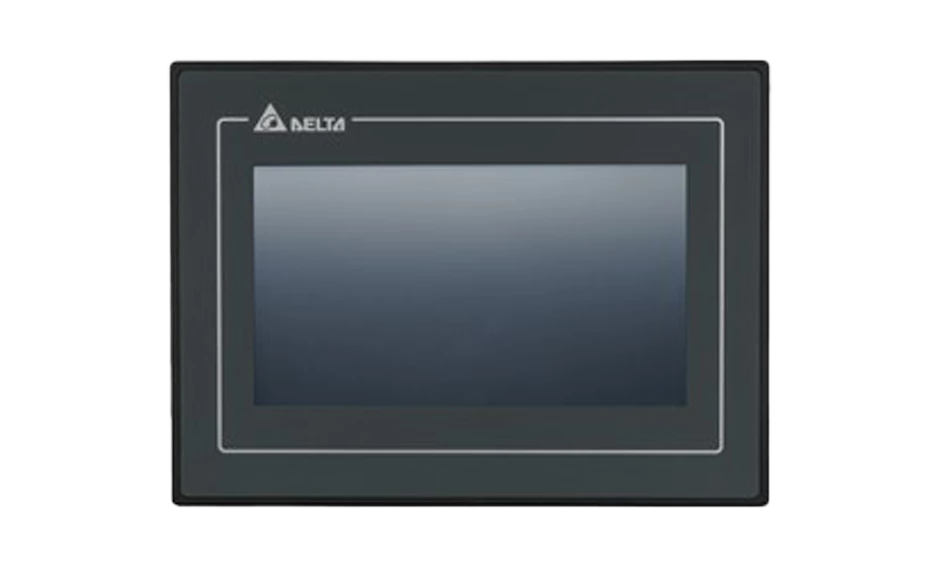
Delta HMI-Touchpanel
DOP-100 Series
-
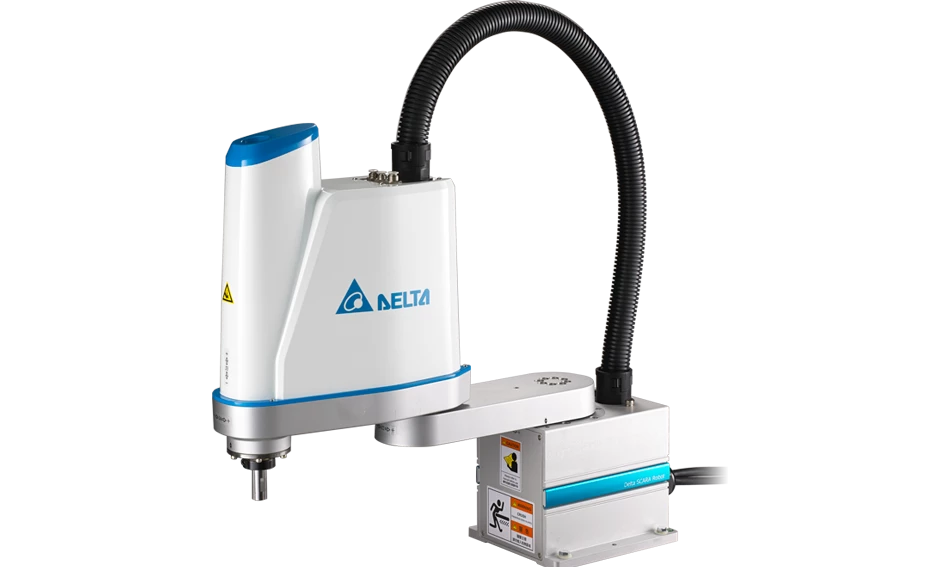
Delta SCARA Robot
DRS40L3 Series
-
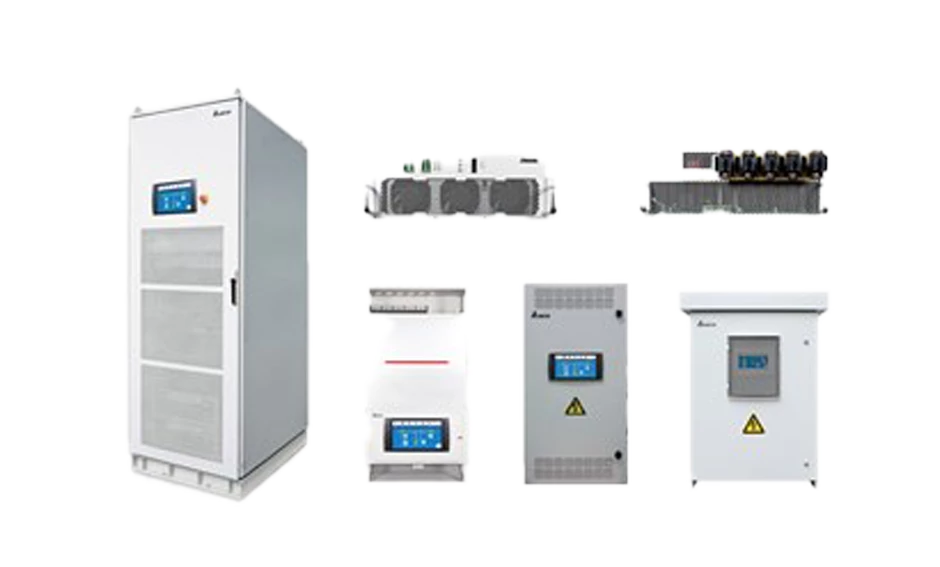
Power Quality
Active Power Filter (APF)
-
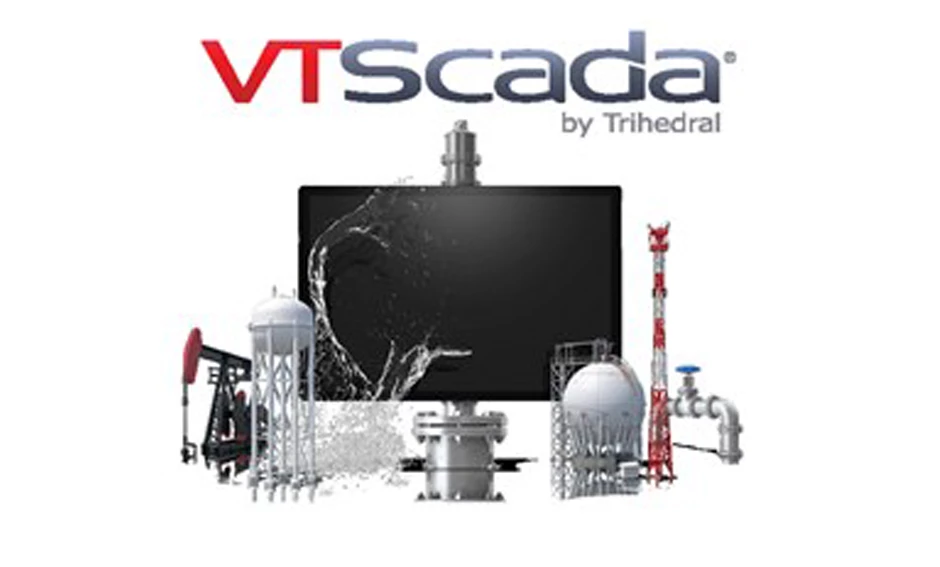
VTScada SCADA System
VTScada System
-
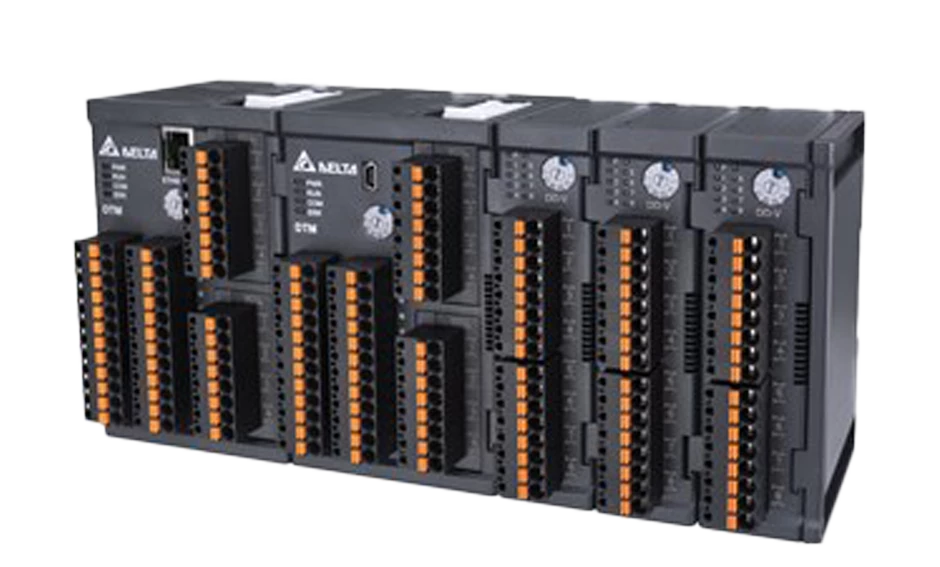
Temperature Controller
DTM Series
-
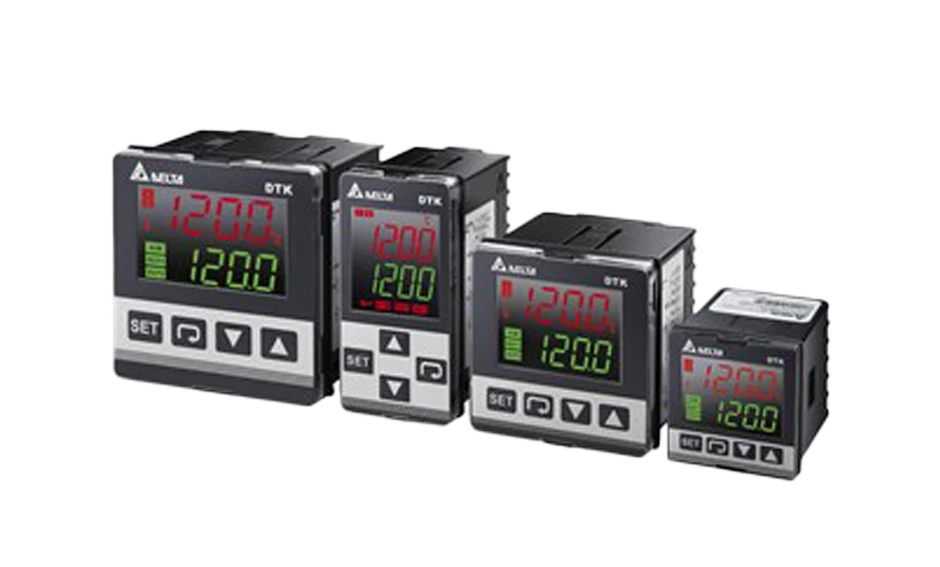
Temperature Controller
DTK Series
-
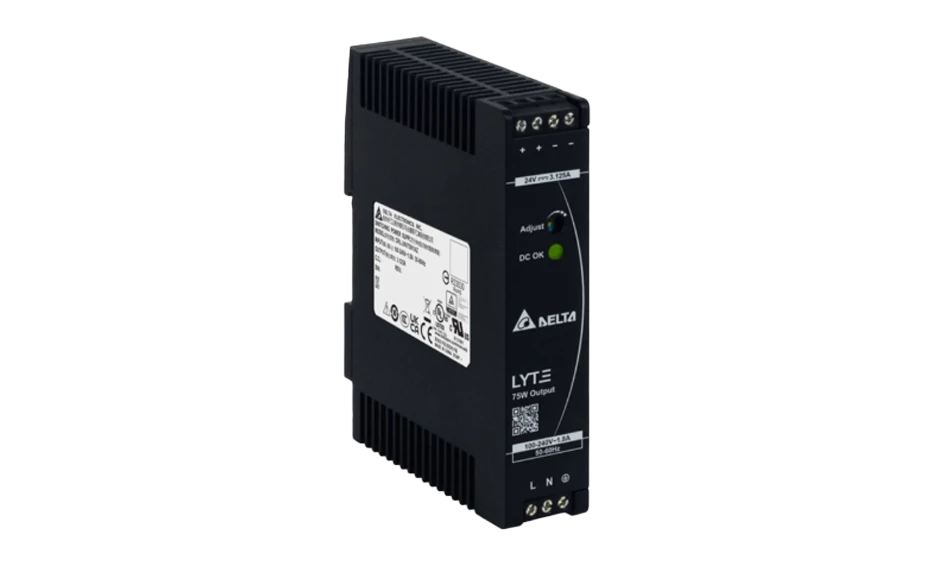
Power Supply
Din Rail Lyte (DRL Series)
-
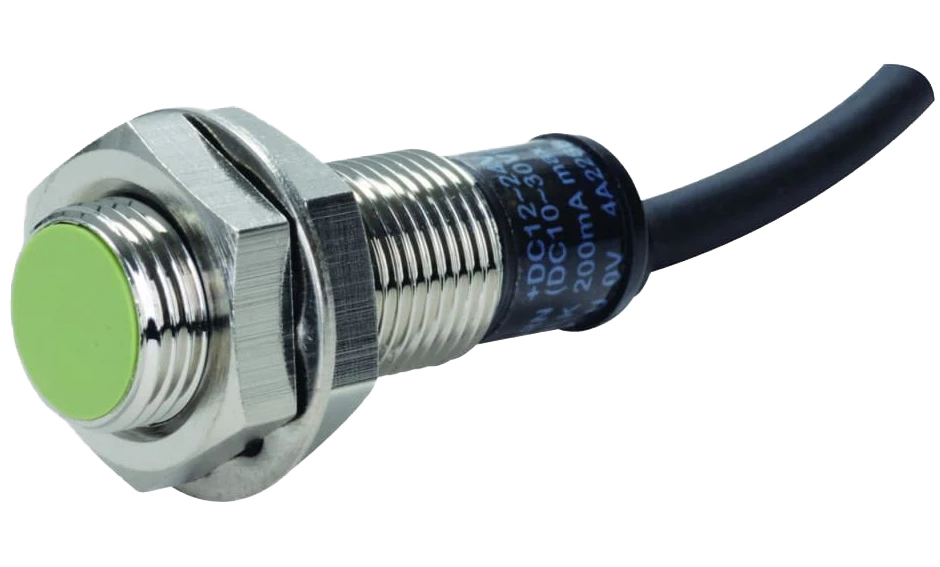
Autonics Proximity Sensor
PR Series
-
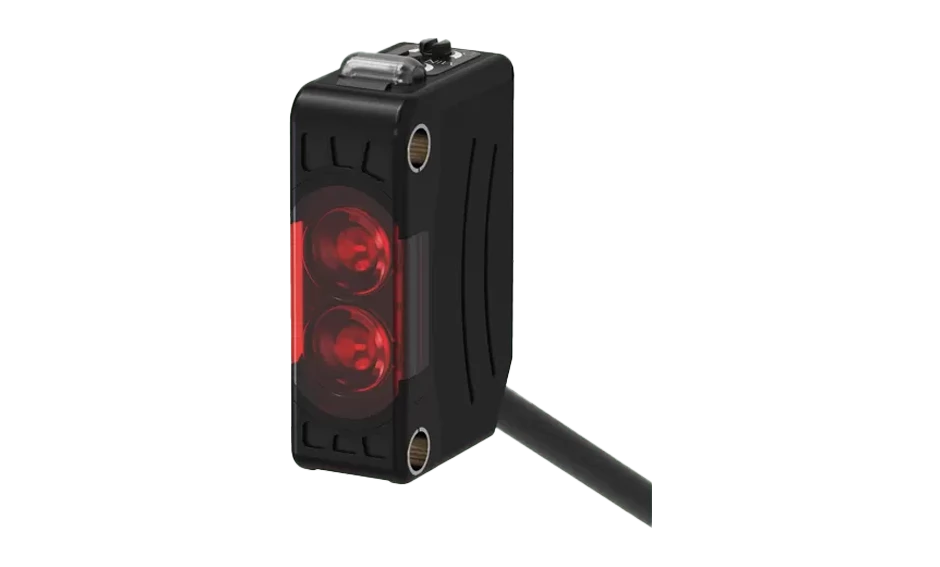
Autonics Photoelectric Sensor
BJ Series
-
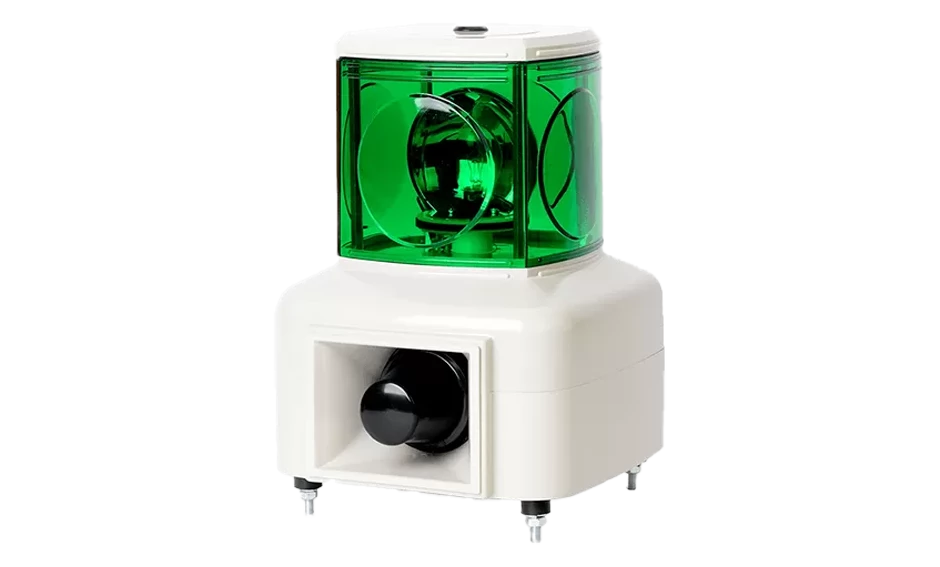
Autonics Tower Light
MSGS 120G Model
-
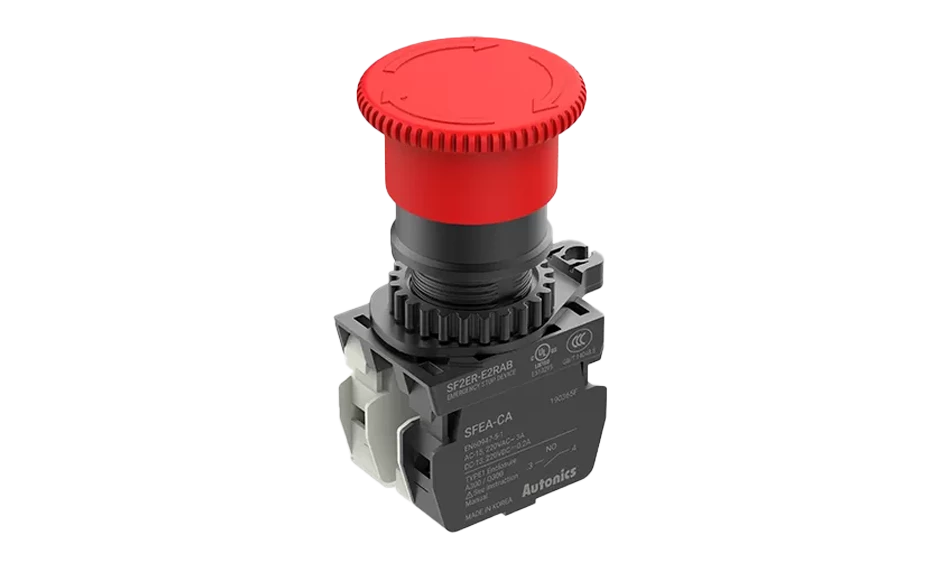
Autonics Push Button
SF2ER EMS Model
-
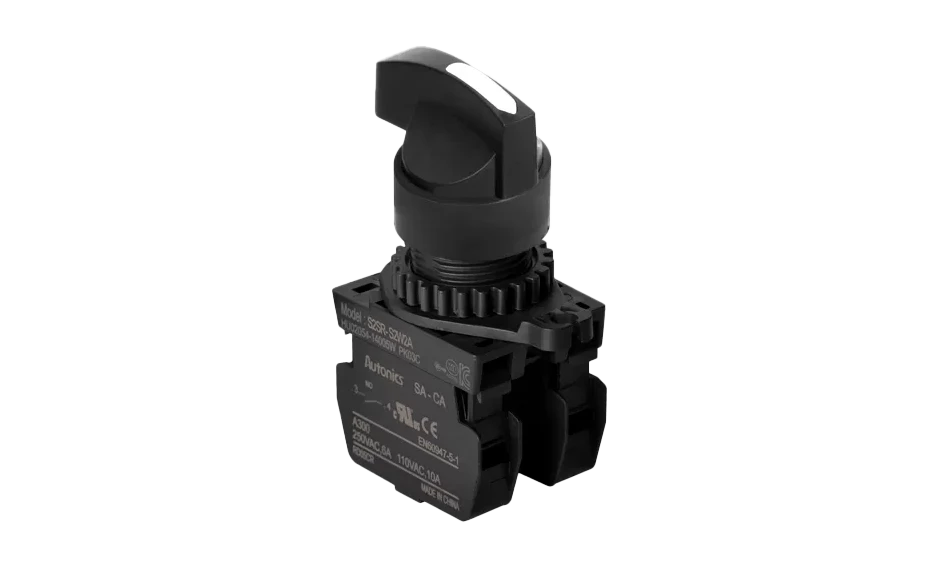
Autonics Push Button
S2SR S6W Model
-
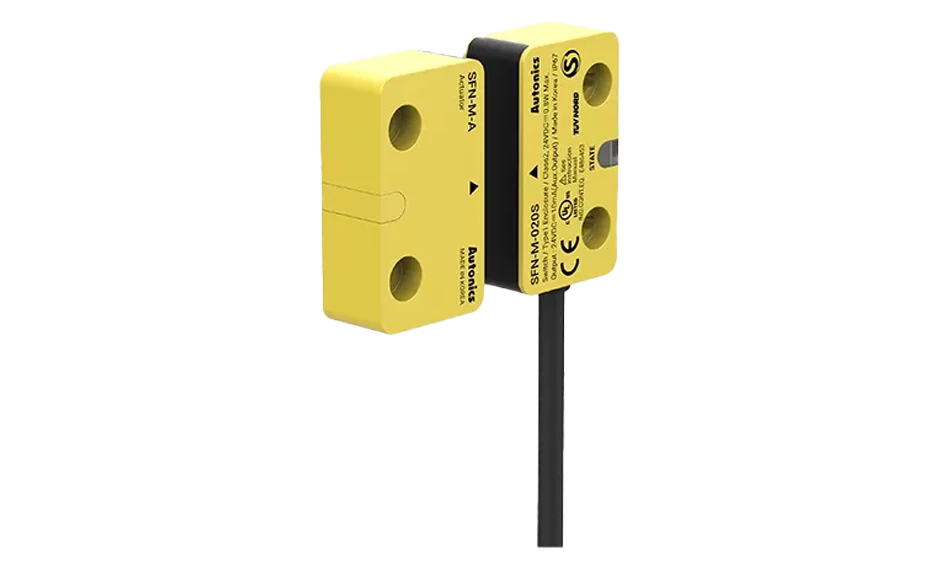
Autonics Safety Switches
SFN Series
-
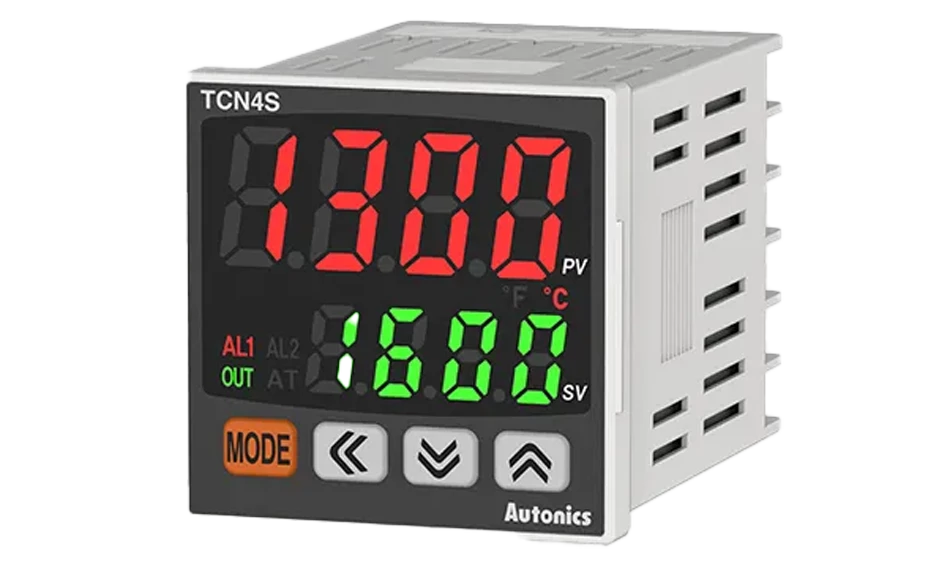
Autonics Temperature Controller
TCN4S-24R Series
Product Brands
Autonics enriches the quality of human lives by creating new values that will make the world more convenient.
Alia Group Inc., produces gas and liquid measurement instruments for industries like sewage treatment and pharmaceuticals.
Jaki soft starters eneable smooth motor start-up while providing overload and phase-loss protection for industrial machinery.
specializes in industrial automation components, switches, control units, and relays with a focus on safety.
Loytec provides advanced building automation and IoT solutions, including controllers, sensors, and management software.
VTScada is a flexible and scalable SCADA software, providing an intuitive interface for real-time monitoring in various industries. It allows users to monitor hundreds to multi-million I/Os.
RiKO OPTO-ELECTRONICS TECHNOLOGY CO., LTD. is a professional Fiber Optics Sensor / Photo Sensor / Proximity Sensor/ Capacitive Sensor manufacturer in Taiwan.
FineTek Technologies with the core value of “providing complete customized solutions to meet customers’ needs”, manufacturing quality industrial sensors for level measurement of powder & bulk solids and liquid;flow; pressure, and temperature.
Our Projects
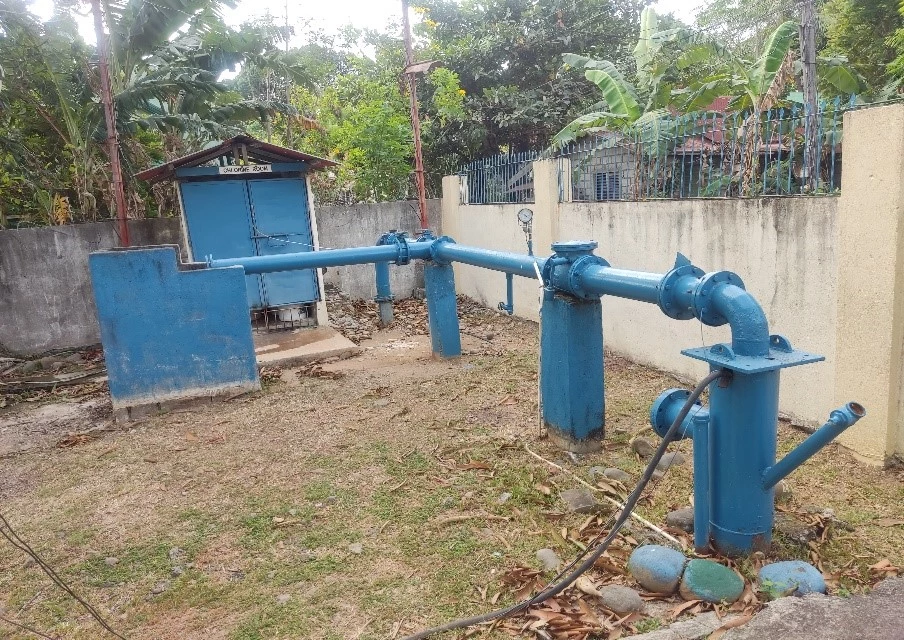
IMPLEMENTATION OF SCADA SYSTEM FOR CONTROL AND MONITORING IN MARIWAD PUMP STATIONS
Introducing automation systems for monitoring and controlling the deep well pumps and other equipment. These smart systems allow for remote operation, real-time data collection, and predictive maintenance, increasing efficiency and reducing downtime.
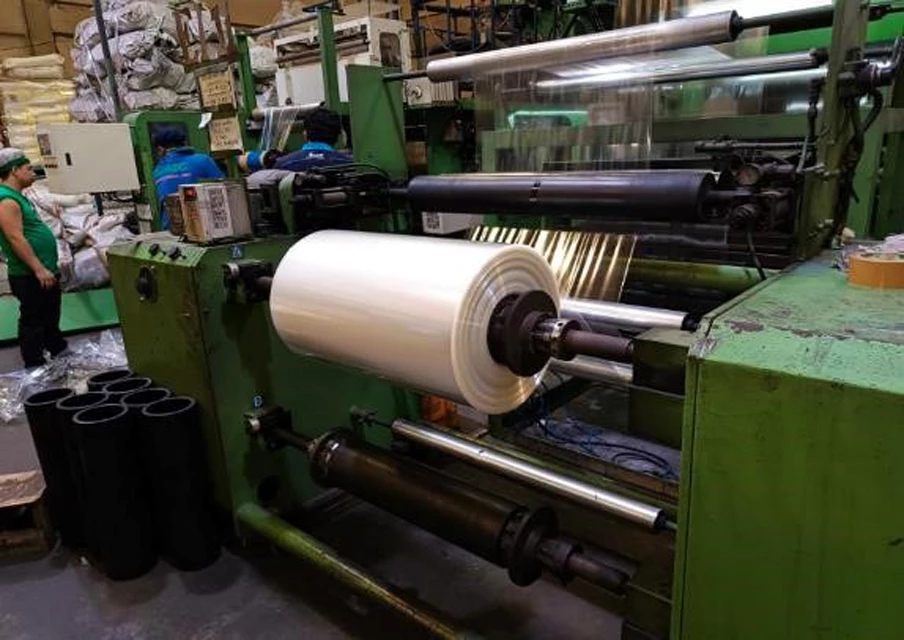
IN-LINE PLASTIC INTRUSION, PRINTING AND REWINDING SYNCHRONIZATION AND TENSION CONTROL
In-line plastic extrusion, printing, and rewinding synchronization, along with effective tension control, are critical to maintaining high-quality production in manufacturing processes, particularly in packaging, films, and plastic products.
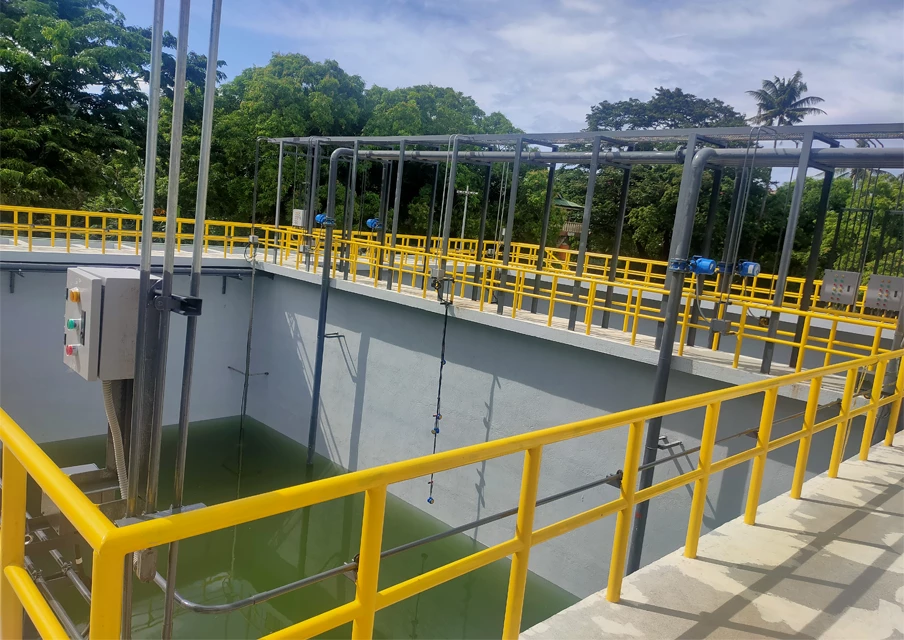
IMPLEMENTATION OF SCADA SYSTEM IN WASTEWATER TREATMENT (WWTPs)
Wastewater treatment plants are facilities designed to remove contaminants and pollutants from wastewater, making it safe for discharge into the environment or reuse.
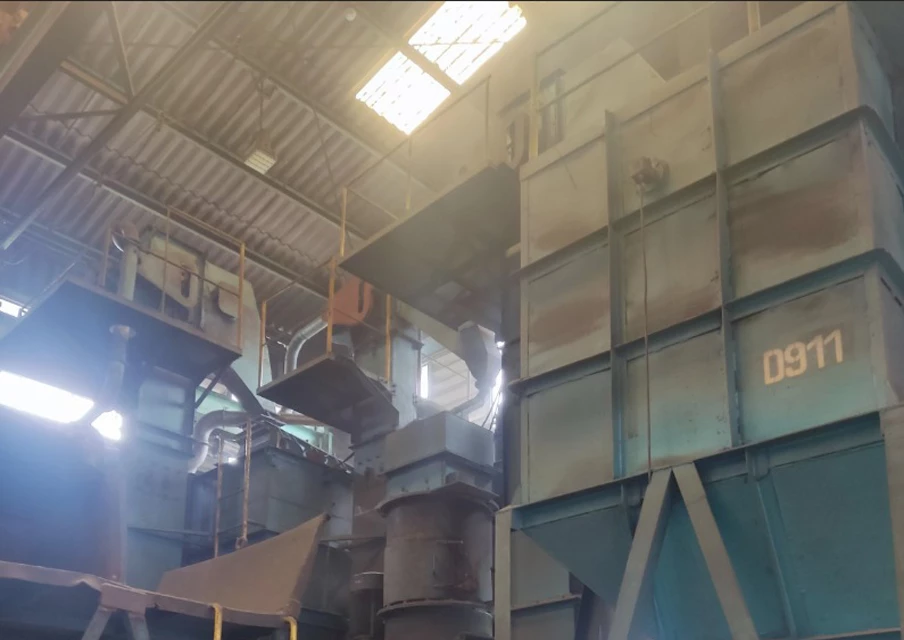
REPROGRAMMING OF PLC FOR SAND TREATMENT MACHINE IN NAKASHIMA
Crushed hardened sands, previously used in "die cast" molding, are broken down after hardening. These sands are processed for recycling and reuse in future casting operations.

INTEGRATION OF BUILDING MANAGEMENT SYSTEM (BMS) TO AN EXISTING HVAC SYSTEM AND CONTROL FOR PALACIO DE GOBERNADOR
HVAC (Heating, Ventilation, and Air Conditioning) Monitoring and Control System for Palacio de Gobernador is a centralized system designed to regulate and manage the building's indoor climate, ensuring optimal comfort, air quality, and energy efficiency.
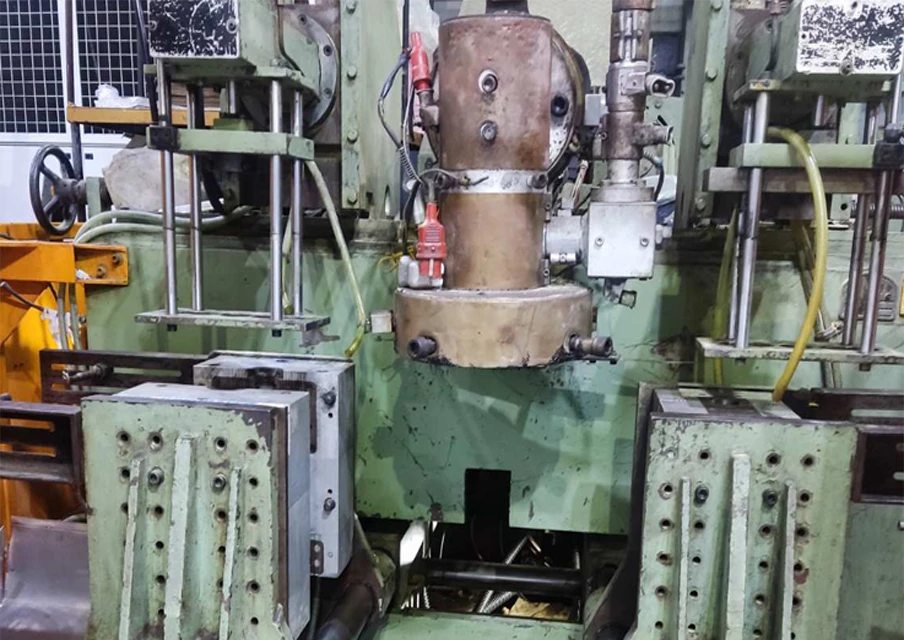
MACHINE UPGRADE FROM HARDWIRING TO PLC CONTROL IN BLOW MOLD MACHINE
Converting a blow mold machine from traditional hardwiring to PLC (Programmable Logic Controller) control involves switching out the previous relay-based control system with a more advanced, automated PLC-based one.
Our partners
